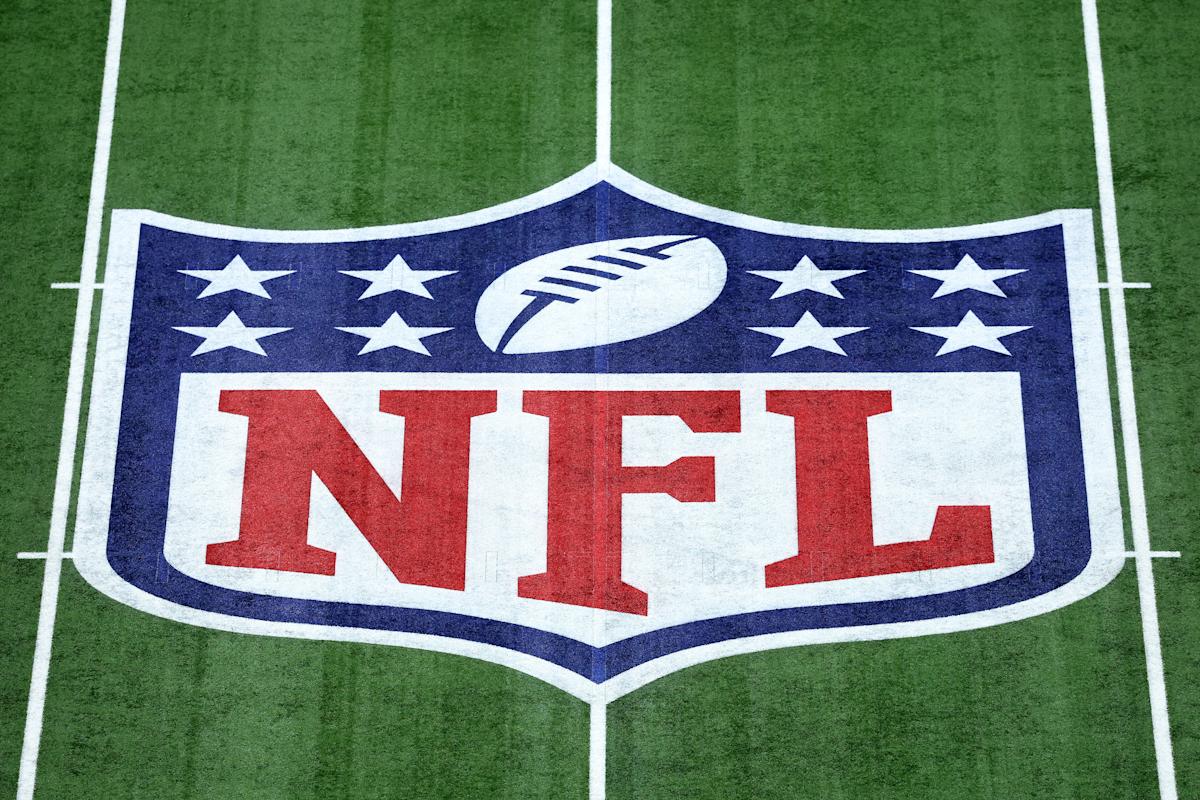Betting Danger Zone: 5 Red Flags Your Sports Gambling Habit Is Spiraling Out of Control
Sports
2025-03-31 08:13:48Content

When Sports Betting Crosses the Line: Recognizing the Signs of Problem Gambling
Sports betting has become increasingly popular, with millions of fans enjoying the thrill of predicting game outcomes. While most enthusiasts approach betting as a casual form of entertainment, a growing concern lurks beneath the surface: the potential for addiction.
Modern sports betting apps have made wagering more accessible than ever, transforming what was once a sporadic activity into a constant temptation. For the majority of users, these platforms offer harmless excitement. However, for some individuals, what starts as innocent fun can quickly spiral into a destructive habit.
The transition from casual betting to problematic gambling often happens gradually. What begins as an occasional bet can evolve into a compulsive behavior that disrupts personal relationships, financial stability, and mental well-being.
Warning Signs to Watch For
- Constantly thinking about placing bets
- Increasing bet amounts to maintain excitement
- Borrowing money or selling possessions to fund gambling
- Lying to friends and family about betting activities
- Feeling restless or irritable when unable to bet
Recognizing these signs early can be crucial in preventing a recreational activity from becoming a destructive addiction. If you or someone you know is struggling, professional help and support are available.
The Dark Side of Digital Betting: Navigating the Thin Line Between Thrill and Addiction
In the rapidly evolving digital landscape of sports entertainment, online betting platforms have transformed from niche services to mainstream attractions, creating a complex ecosystem where excitement and risk intertwine with unprecedented accessibility. The seemingly innocent tap of a smartphone screen now holds the potential to unleash a cascade of psychological and financial consequences that extend far beyond the initial moment of placing a wager.When Entertainment Becomes a High-Stakes Psychological Minefield
The Digital Gambling Revolution: Understanding Modern Betting Dynamics
The proliferation of sports betting applications has fundamentally reshaped how individuals interact with athletic competitions. These sophisticated platforms leverage cutting-edge psychological techniques, utilizing algorithmic designs that trigger dopamine responses and create immersive user experiences. Unlike traditional betting methods, mobile applications provide instantaneous engagement, removing geographical and temporal barriers that once limited gambling activities. Modern betting interfaces are meticulously crafted to maximize user retention, employing color psychology, intermittent reward schedules, and personalized notifications that transform casual interest into compulsive behavior. The seamless integration of real-time statistics, live streaming, and instant transaction capabilities creates an environment where the boundary between entertainment and addiction becomes increasingly blurred.Psychological Mechanisms of Problematic Gambling Behavior
Neurological research reveals that sports betting triggers complex neurochemical responses within the brain's reward circuitry. The anticipation of potential winnings activates similar neural pathways associated with substance addiction, generating intense emotional and physiological reactions. Individuals experiencing financial stress or underlying psychological challenges are particularly vulnerable to developing maladaptive gambling patterns. Cognitive distortions play a significant role in perpetuating problematic betting behaviors. Many individuals develop irrational beliefs about their probability of winning, experiencing what psychologists term "illusion of control" – a dangerous misconception that skill or strategy can consistently influence fundamentally random outcomes.Technological Enablers and Systemic Vulnerabilities
Contemporary sports betting platforms employ sophisticated algorithms designed to personalize user experiences and maximize engagement. Machine learning technologies analyze individual betting patterns, creating tailored recommendations that exploit psychological vulnerabilities. These systems can identify and target individuals with higher propensities for continued gambling, raising critical ethical questions about responsible digital design. Regulatory frameworks struggle to keep pace with technological innovations, creating significant gaps in consumer protection. While many jurisdictions have implemented basic safeguards, the rapid evolution of digital betting platforms often outstrips existing legal mechanisms, leaving users exposed to potential harm.Recognizing and Addressing Gambling Dependency
Early intervention represents the most effective strategy for mitigating potential gambling-related challenges. Mental health professionals emphasize the importance of recognizing warning signs, which may include increased financial secrecy, emotional volatility, and progressive time investment in betting activities. Support networks and specialized counseling services have emerged to address the unique challenges presented by digital gambling addiction. Comprehensive treatment approaches now integrate technological literacy, psychological counseling, and financial rehabilitation strategies, acknowledging the multifaceted nature of modern betting dependencies.Societal and Economic Implications
The broader societal impact of widespread digital betting extends beyond individual experiences. Economic research suggests potential long-term consequences, including increased household financial stress, reduced productivity, and potential strain on mental health infrastructure. Community-based prevention programs and responsible gambling initiatives represent critical components in developing holistic approaches to managing digital betting risks. Collaborative efforts between technology companies, mental health professionals, and regulatory bodies can create more sustainable and ethical digital entertainment ecosystems.RELATED NEWS

Caught in the Act: Police Takedown Suspect in Massive Sports Memorabilia Theft Scheme







